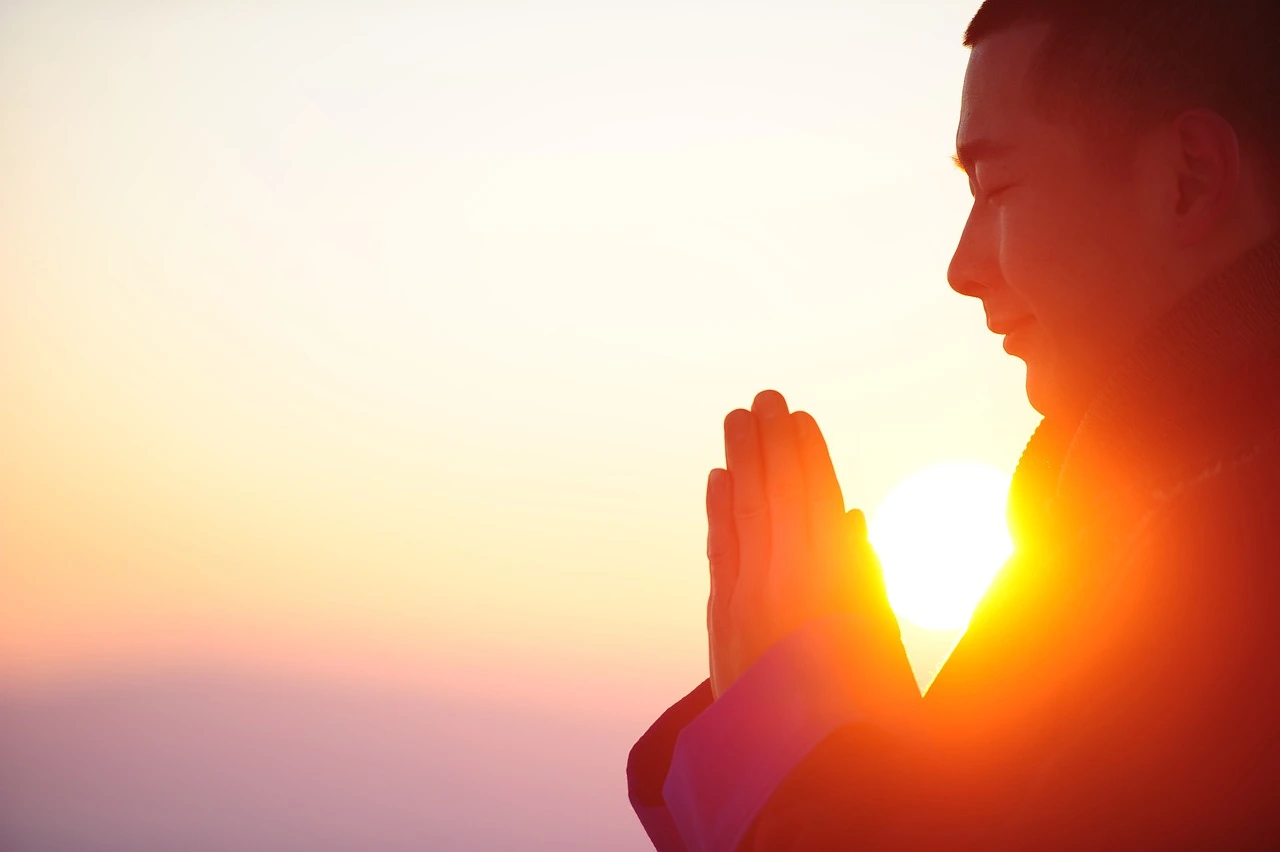In today’s fast-paced world, many people are seeking alternative methods to promote health, wellness, and spiritual balance. Among these methods, Reiki and energy healing have gained immense popularity for their ability to restore harmony and support overall well-being. These practices offer a holistic approach to health, focusing on the flow of energy within the body to heal both physical and emotional issues.
But what exactly is Reiki? How does energy healing work, and how can these practices be integrated into your daily life? In this article, we’ll explore the fascinating world of Reiki and energy healing, shedding light on their principles, benefits, and how you can incorporate them into your wellness routine.
What is Reiki?
Reiki is a form of energy healing that originated in Japan in the early 20th century. The word “Reiki” is derived from two Japanese words: “Rei,” meaning universal, and “Ki,” meaning life force energy. The practice is based on the belief that energy flows through all living things and that disruptions or imbalances in this energy can lead to physical or emotional ailments.
In Reiki, practitioners use their hands to channel this universal energy into the recipient’s body, helping to restore balance and promote healing. Unlike other forms of healing that rely on physical manipulation or medications, Reiki focuses on the flow of energy within the body, addressing both the mind and the spirit.
The Principles of Reiki
At the core of Reiki are five guiding principles that encourage a holistic and mindful approach to life. These principles help practitioners and recipients alike to cultivate inner peace and spiritual growth. The five principles are:
- Just for today, I will not be angry.
- Just for today, I will not worry.
- Just for today, I will be grateful.
- Just for today, I will do my work honestly.
- Just for today, I will be kind to every living thing.
By focusing on these principles, Reiki practitioners aim to cultivate a state of mental and emotional clarity, creating a stronger connection between mind, body, and spirit.
How Does Reiki Energy Healing Work?
Reiki energy healing works by channeling universal life force energy into the body. The practitioner does not “do” the healing but rather serves as a conduit for the energy to flow where it is most needed. The energy works to release blockages, remove negative energy, and restore balance within the body, mind, and spirit.
During a typical Reiki session, the recipient lies fully clothed on a treatment table while the practitioner places their hands lightly on or near various parts of the body. The recipient may feel warmth, tingling, or a deep sense of relaxation as the energy flows. The effects of Reiki can be subtle, often leaving the recipient feeling more peaceful, centered, and rejuvenated.
The Benefits of Reiki and Energy Healing
Reiki and energy healing have been praised for their wide range of benefits. Many people turn to Reiki to help manage stress, anxiety, and physical pain. Let’s take a look at some of the most common benefits:
1. Stress Reduction and Relaxation
One of the most immediate and well-known benefits of Reiki is its ability to reduce stress. By promoting deep relaxation, Reiki can help lower cortisol levels (the stress hormone) and trigger the body’s natural relaxation response. This can leave you feeling calm, balanced, and at peace.
2. Pain Relief
Reiki has been shown to help alleviate both acute and chronic pain. It can assist in reducing inflammation, improving circulation, and promoting the body’s natural healing processes. Whether you’re dealing with headaches, back pain, or joint discomfort, Reiki may offer a natural alternative to pain management.
3. Improved Mental Clarity
Energy healing practices like Reiki can help clear mental fog, improve focus, and enhance overall cognitive function. As Reiki helps release blockages in the energy field, many recipients report feeling more mentally alert, balanced, and capable of making decisions with clarity.
4. Emotional Healing
Reiki can help release negative emotions, traumas, and emotional blockages that may be affecting your well-being. Whether you’re struggling with grief, fear, anxiety, or past emotional wounds, Reiki works to restore emotional balance, fostering a sense of inner peace and emotional stability.
5. Promoting Spiritual Growth
Reiki is often used to deepen one’s connection with their spiritual self. By balancing energy and clearing mental clutter, Reiki helps individuals align with their true essence and cultivate a greater sense of purpose and spiritual well-being.
6. Enhanced Sleep Quality
Many individuals report better sleep after receiving Reiki treatments. By reducing stress and promoting relaxation, Reiki can help alleviate insomnia and improve the quality of sleep, leading to more restorative rest and rejuvenation.
Reiki in Everyday Life: How to Incorporate Energy Healing
Incorporating Reiki and energy healing into your daily life can be simple and transformative. Here are a few ways to integrate these practices into your routine:
1. Self-Reiki
Learning the basics of Reiki allows you to practice self-healing at home. Through simple hand positions and mindful intention, you can channel energy into yourself to support your well-being. There are various online courses and local practitioners who offer Reiki training, allowing you to receive attunements and learn how to use energy healing techniques.
2. Energy Clearing Practices
Aside from traditional Reiki sessions, you can also practice clearing your energy field by focusing on releasing negativity and inviting positive energy into your life. This can be done through meditation, deep breathing exercises, or simply being mindful of your emotions and energy throughout the day.
3. Regular Sessions with a Practitioner
For those who prefer guidance, regular Reiki sessions with a trained practitioner can be immensely beneficial. Whether you’re seeking healing for a specific issue or simply want to maintain overall well-being, scheduling regular Reiki sessions can help keep your energy balanced and aligned.
Common Misconceptions About Reiki
Despite its growing popularity, Reiki and energy healing are still surrounded by myths and misconceptions. Here are some common misunderstandings about Reiki:
- Reiki is a religious practice: Reiki is not tied to any particular religion. It is a spiritual practice, but it is not dependent on belief in a specific deity or faith. People from all walks of life, including those with no religious affiliation, can benefit from Reiki.
- Reiki is a substitute for medical treatment: While Reiki can support physical and emotional healing, it should not replace conventional medical treatment. It is most effective when used as a complementary therapy alongside traditional medical care.
- Reiki requires special abilities: Everyone has the potential to channel Reiki energy. You don’t need any special gifts or abilities. Through proper training and attunement, anyone can learn to use Reiki to heal themselves and others.
Conclusion: Embrace the Healing Power of Reiki
Reiki and energy healing offer a profound path to healing, balance, and spiritual growth. Whether you’re seeking to reduce stress, relieve pain, or enhance your overall well-being, Reiki provides a gentle and effective approach to wellness.
By incorporating Reiki into your life, you can experience the benefits of energy healing on a physical, emotional, and spiritual level. Take the first step today—whether through self-Reiki, finding a qualified practitioner, or exploring Reiki training—and unlock your full potential for health and happiness.
Ready to Start Your Reiki Journey?
If you’re curious to experience the healing power of Reiki for yourself, connect with a certified Reiki practitioner in your area. Or, explore online Reiki courses to start your journey of self-healing and energy work. Your path to greater well-being begins now!



